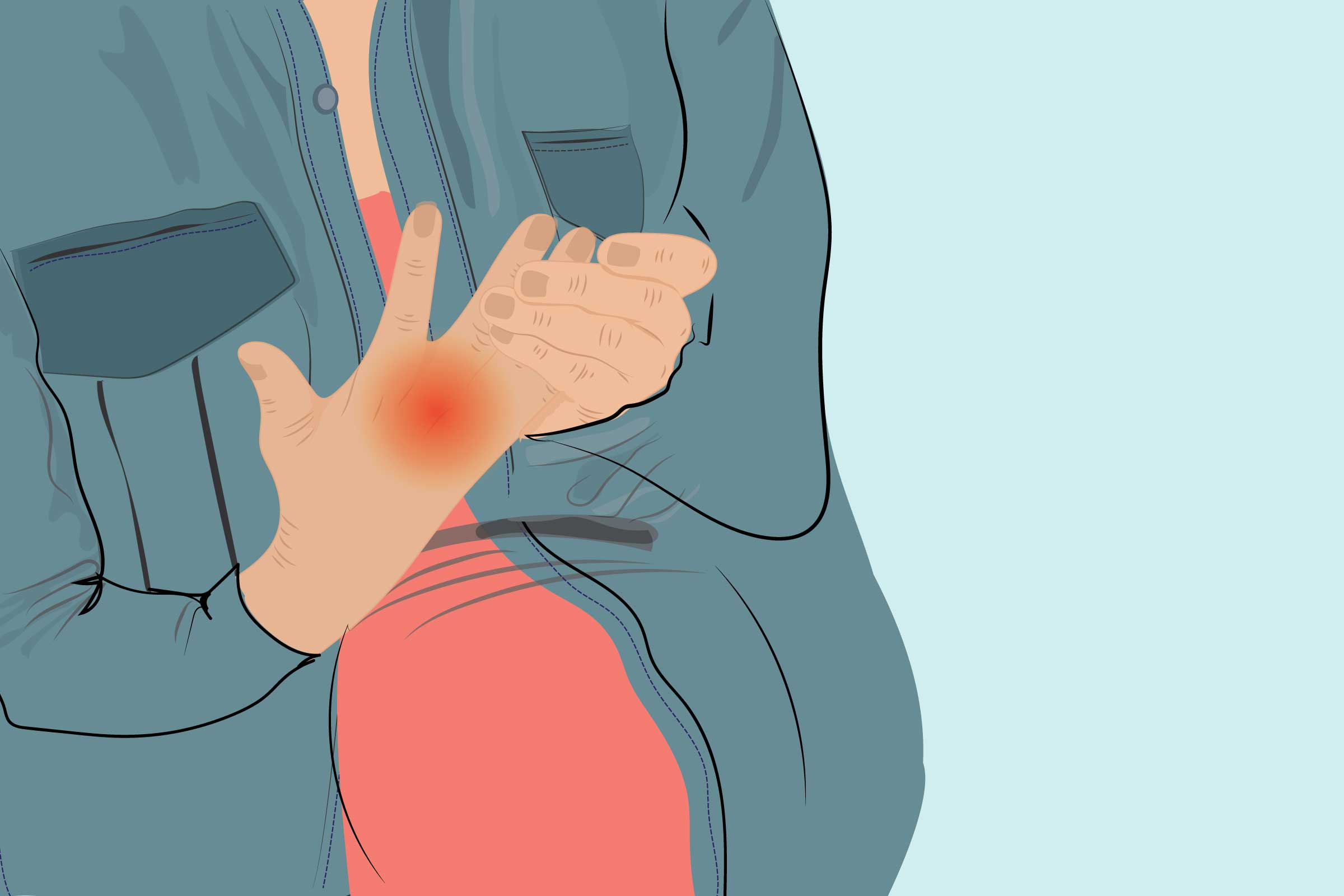

At its recent annual meeting in Chicago, the American College of Rheumatology (ACR) presented a draft of the first evidence-based guidelines designed to help rheumatologists and obstetrician/gynecologists (ob-gyns) advise patients with rheumatic disease about their reproductive choices.
Although the guidelines have not yet been finalized, principal investigator Lisa R. Sammaritano, MD, of Hospital for Special Surgery-Weill Cornell Medicine, presented an overview of the key anticipated recommendations to ACR conference attendees. Some highlights:
1. Physicians should encourage women who are being treated for rheumatic disease to use long-acting contraceptives, such as IUDs, because they are more effective than condoms or the Pill. Many medications for rheumatic conditions can endanger a fetus if a patient were to get pregnant while taking them.
2. Assisted reproductive technology (like IVF and egg retrieval/freezing for future IVF) is safe for women whose condition is stable. Patients can continue taking immunosuppressive medication (except cyclophosphamide) during the egg extraction process if the goal is freezing of eggs or embryos and there are no plans for immediate pregnancy; however, many, but not all, immunosuppressive drugs must be stopped before and during pregnancy.
3. Some patients, including those with antiphospholipid antibody syndrome, might need blood thinners as a precautionary measure during fertility treatments and pregnancy (because blood clots become more common due to hormonal changes).
4. Men who want to have children in the future but need to take cyclophosphamide (for lupus, scleroderma, or another condition) should be encouraged to freeze sperm before starting this medication. If they’re already on cyclophosphamide, they’ll need to be off it for three months before freezing sperm to avoid DNA damage.
5. Women with lupus do not need to take prednisone as a prophylactic measure during pregnancy; flares should be treated only if they arise.


To develop the draft guidelines, the panel — which includes rheumatologists, ob-gyns, reproductive medicine specialists, epidemiologists, and patients — conducted a thorough review of evidence-based studies on reproductive health in rheumatic disease.
The final version will cover general reproductive health, maternal and paternal medication use when planning to conceive, medication safety during pregnancy and breastfeeding, assisted reproductive technology, fertility preservation techniques (such as egg and sperm freezing), and menopause.
“The issue of pregnancy has become of increasing interest to rheumatologists and our patients over the years, especially because patients with rheumatic diseases are able to safely pursue pregnancy more often now than in the past,” Dr. Sammaritano told ACR.
The draft guidelines are still under review, so the publication date of the final documents has not yet been established.
Learn About More Rheumatology Research Breakthroughs
Follow our latest ACR meeting coverage to read about the research findings that could affect your treatment, lifestyle, and overall health.
Get Involved with Patient-Centered Arthritis Research
If you are diagnosed with arthritis or another musculoskeletal health condition, we encourage you to participate in future studies by joining CreakyJoints’ patient research registry, ArthritisPower. ArthritisPower is the first ever patient-led, patient-centered research registry for joint, bone, and inflammatory skin conditions. You can use ArthritisPower to track your disease symptoms, share patterns with your doctor, and participate in voluntary research studies. Learn more here.





